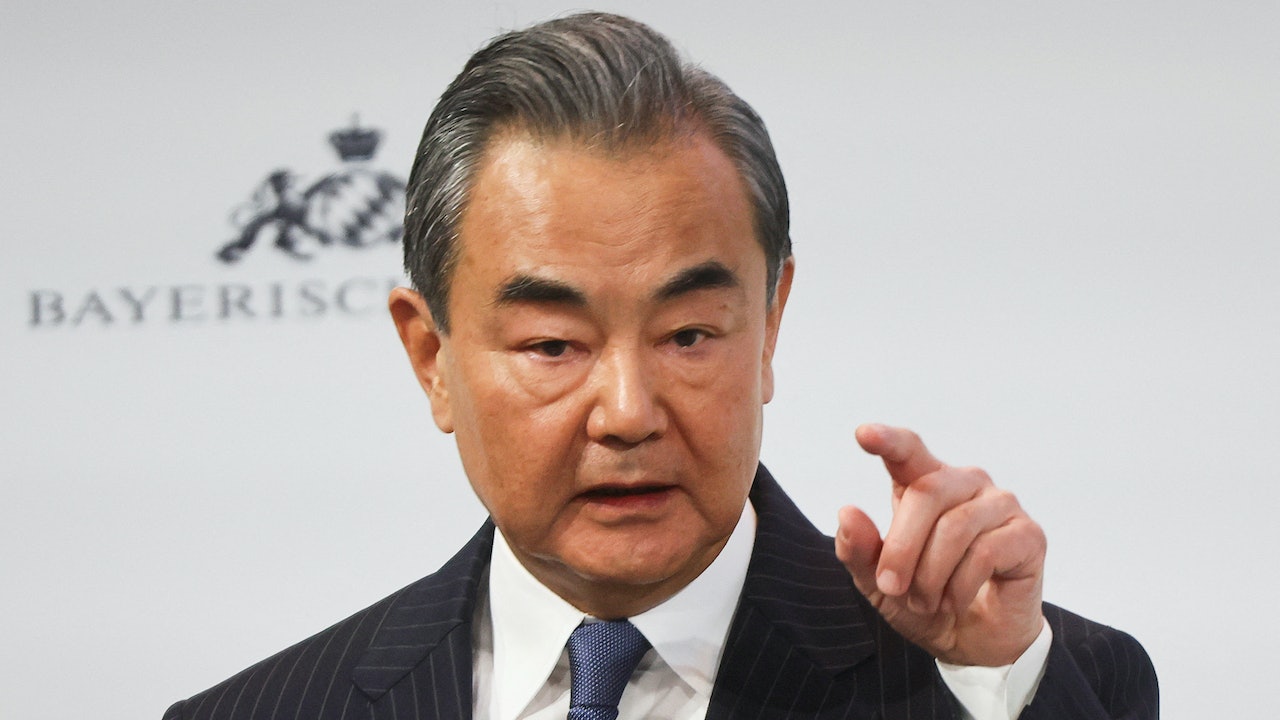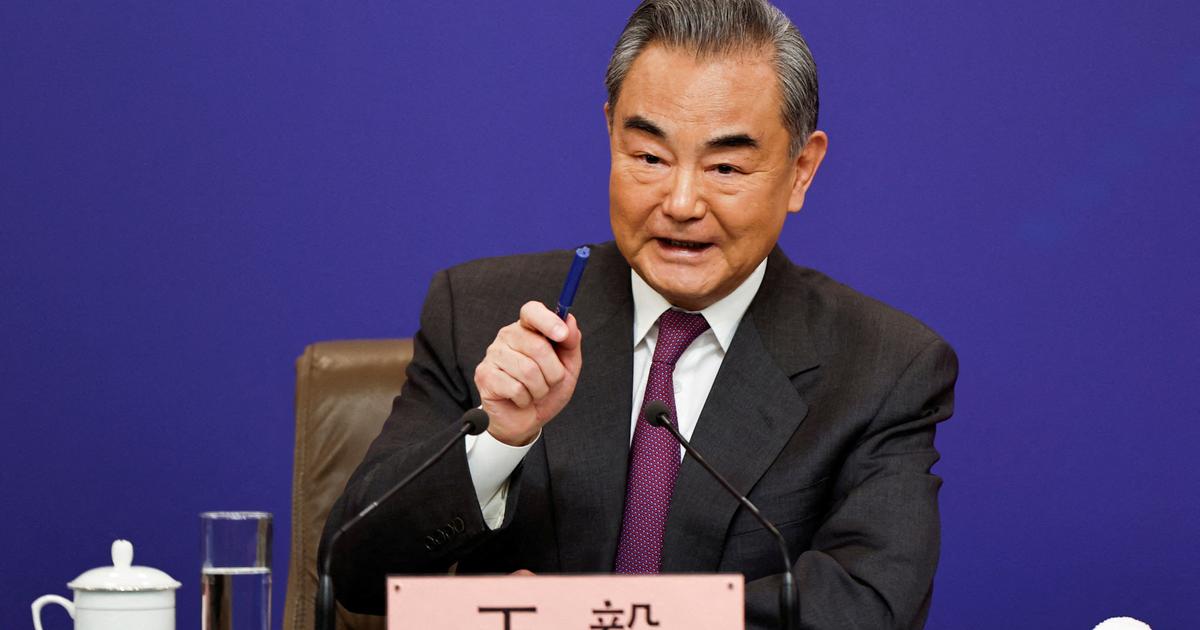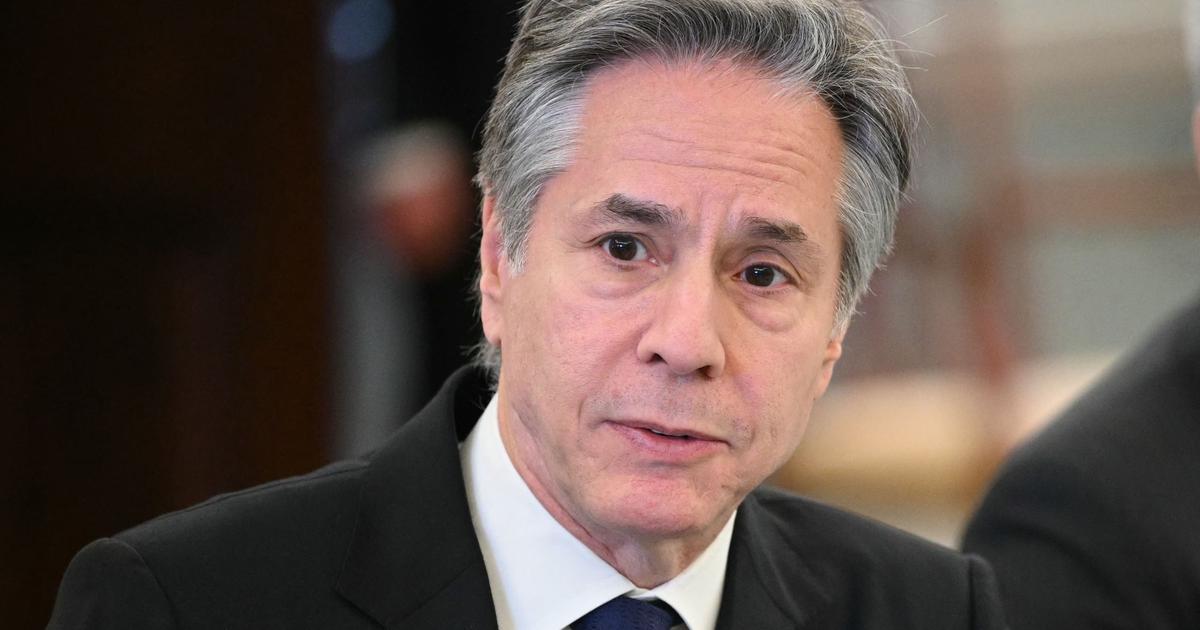During the Munich Security Conference, Wang Yi, Director of the Foreign Affairs Office of the CPC Central Committee, met with US Secretary of State Antony Blinken on February 19.
A press release from the Chinese Ministry of Foreign Affairs stated that the meeting was an "informal contact" "at the request of the US side".
Meetings held between international conferences are generally called informal meetings.
China's low-standard words are intended to show a tough stance, highlighting the passiveness of the United States in asking for China.
However, on a multinational diplomatic occasion such as the Munich Security Conference, Wang Yi's intention to calm the incident is far greater than to show toughness.
The United States has lowered its tone on the balloon incident as early as a few days ago. The White House publicly claimed that the subsequent three balloon shootings had nothing to do with China.
Therefore, Wang Yi's statement that "the Chinese side will be with us to the end" is not a repetition of old debts, and it is more an expression of China's dissatisfaction and a blow to the US side.
The picture shows US Secretary of State Antony Blinken waving to the camera when he arrived at Munich Airport on February 17.
(Reuters)
Previously, Blinken suspended his visit to China indefinitely. The fact that Wang Yi and Blinken were able to meet this time is enough to show that communication is just needed.
Even though the meeting between Wang Yi and Blinken was described in a low-level manner, it did not affect the effectiveness of the communication.
In the beginning, China's response to the balloon incident was low-key, without the stormy wolf-war attitude of the past.
Coupled with the fact that the incident has passed the peak of public opinion fermentation, the current communication between senior diplomats of China and the United States is not a showdown, but an after-the-fact crisis management.
Wang Yi's tough words saved China's face, and the United States also informed China of the balloon incident.
In addition, a very important detail is that in addition to meeting with Blinken, Wang Yi also met with the foreign ministers and dignitaries of Britain, France, Germany, Europe and Japan, repeatedly expressing China's desire to resume exchanges after overcoming the impact of the epidemic.
For example, when meeting with French President Emmanuel Macron, Wang Yi expressed his willingness to fully restart exchanges in various fields with the French side.
When meeting with German Chancellor Olaf Scholz, Wang Yi said that the two sides can actively prepare for a new round of government consultations and draw up a blueprint for the development of bilateral relations.
When meeting with Italian Deputy Prime Minister and Foreign Minister Antonio Tajani, Wang Yi said that China and Italy can comprehensively restart exchanges and cooperation in various fields, and act as soon as possible to regain the time delayed by the epidemic.
When meeting with EU High Representative for Foreign Affairs and Security Policy Josep Borrell, Wang Yi said that China has successfully emerged from the pandemic stage and is willing to fully restart exchanges with Europe and the world.
The two sides can actively prepare for a new China-EU leaders' meeting, make full use of high-level dialogue mechanisms in various fields, and promote bilateral exchanges to return to pre-epidemic levels as soon as possible.
German Chancellor Scholz met with Wang Yi on the sidelines of the Munich Security Conference on February 17.
(Reuters)
This visit is Wang Yi's first overseas visit after China changed its epidemic prevention and control strategy.
In addition to attending the Munich Security Forum, it also included visits to France, Italy, Russia and other countries.
The focus is to declare to the Western world China's goodwill to actively integrate into the world in the new stage of development.
From a practical point of view, cooperation with developed countries such as the United States and Europe is the need for the recovery of China's economy that has fallen to the bottom after the epidemic.
A domineering country like the United States sometimes has to cooperate with China. As a late-rising country, it is impossible for China to be tough on the United States until the end. Cooperation is still necessary.
From a strategic perspective, the United States' containment of China is entirely out of political considerations.
Europe and China have no conflict of geopolitical interests.
The U.S.-European ideological united front promoted by the U.S. does not take all in terms of actual interests.
Whether it is due to the need for economic cooperation in high-tech and other fields, or the need to strategically divide the United States to win over Europe, China must properly handle its relationship with Europe, especially the EU.
The more turbulent Sino-US relations are, the greater the pressure on Europe to stand in line with China.
In order to create a good environment for China-EU cooperation, Sino-US relations will not remain rigid.
Against this background, Sino-US relations are likely to show a trend of gradual relaxation.
Wang Yi's "Lao Europe Anti-U.S." trip Munich Security Conference|Wang Yi meets Blinken, the two sides exchange harsh words and leave room for each other











/cloudfront-eu-central-1.images.arcpublishing.com/prisa/KMEYMJKESBAZBE4MRBAM4TGHIQ.jpg)


/cloudfront-eu-central-1.images.arcpublishing.com/prisa/EXJQILQR5QI7OMVRTERD7AEZAU.jpg)
